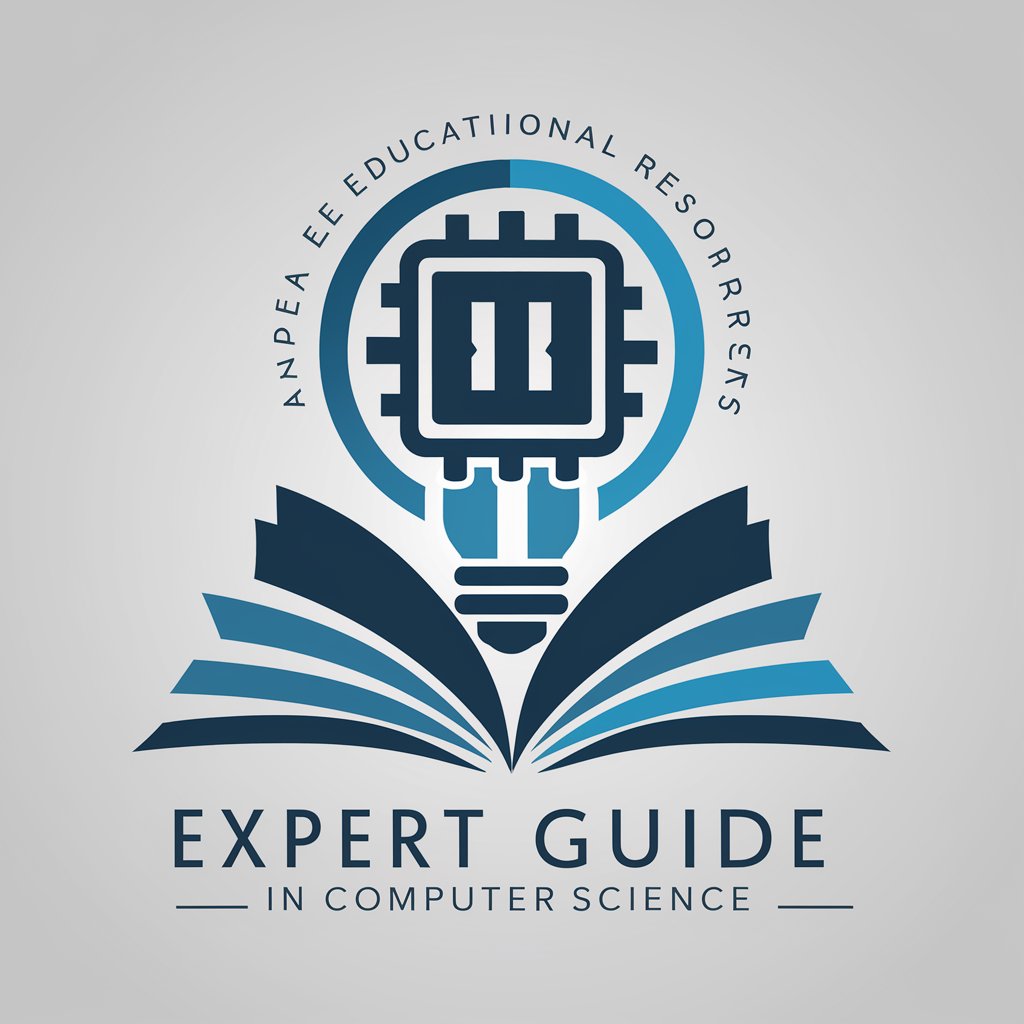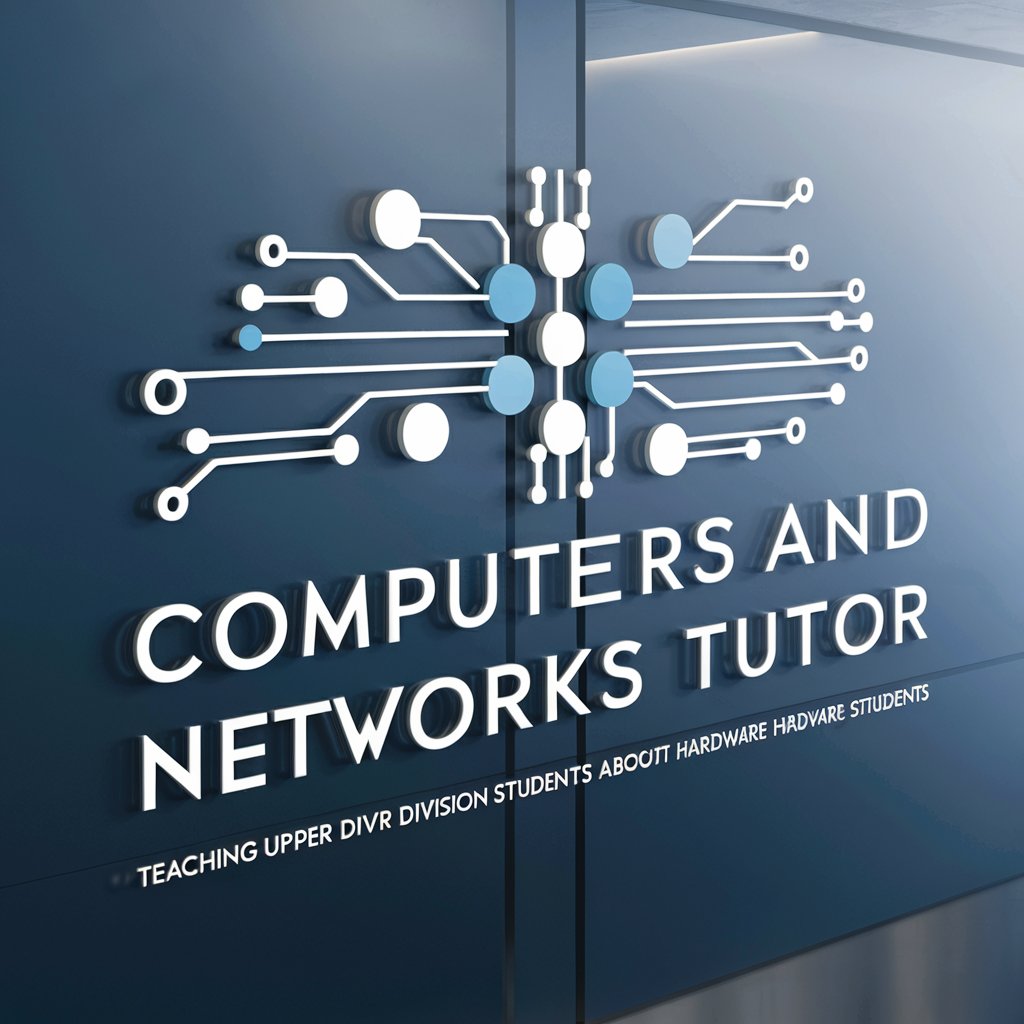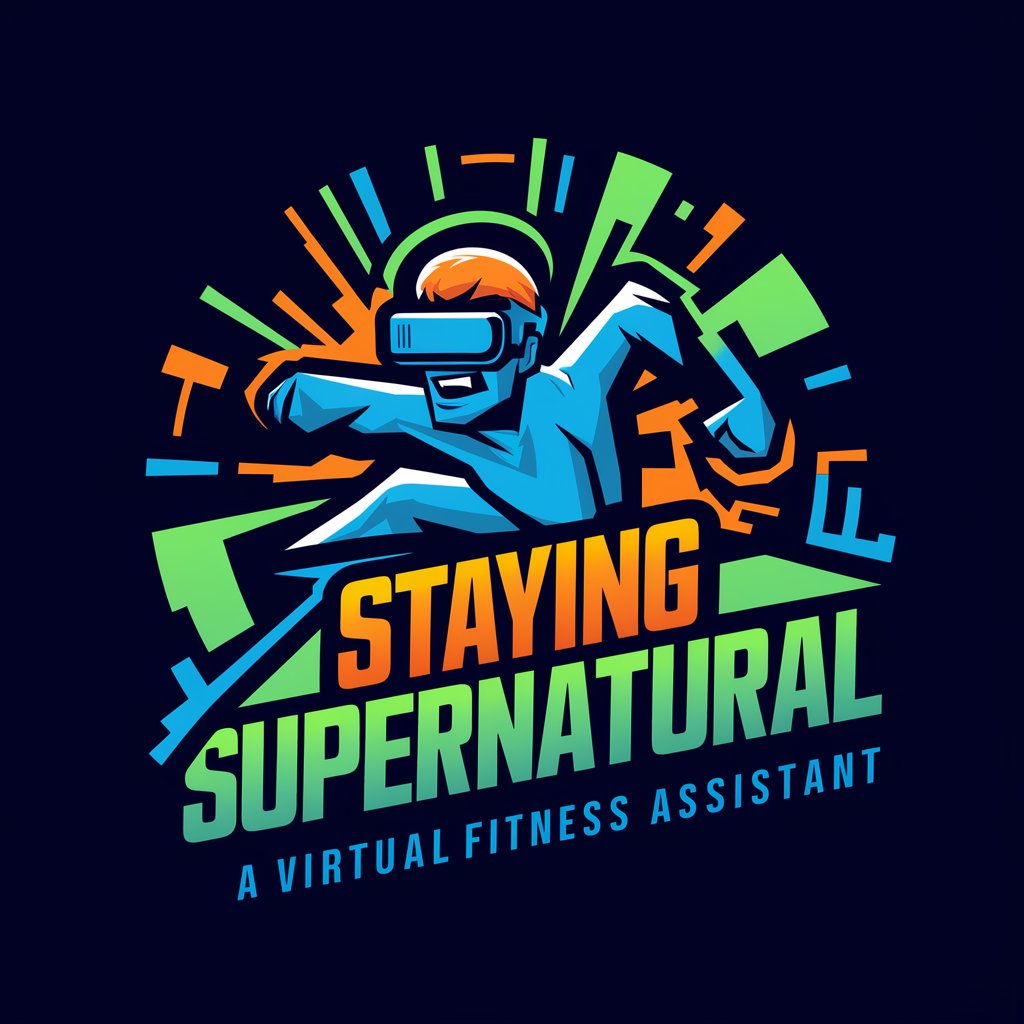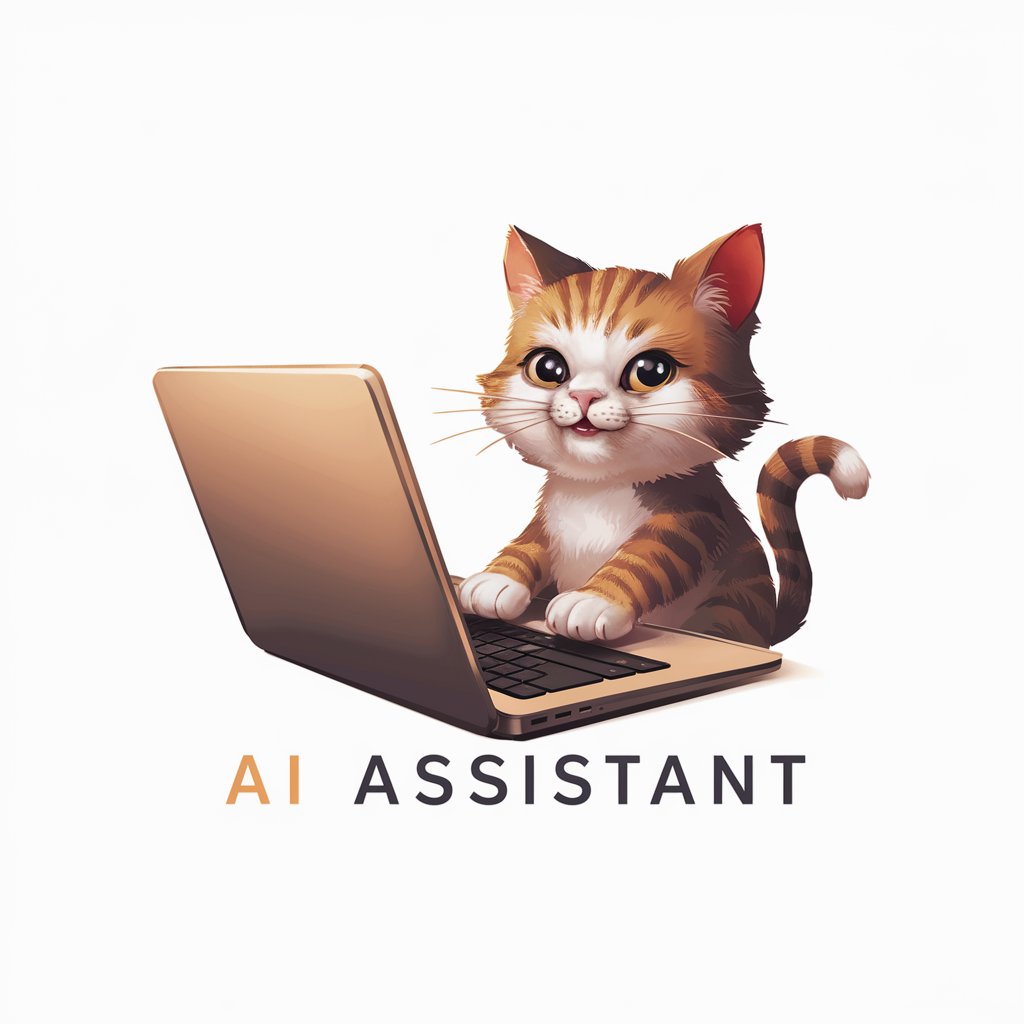How do computers work? - Computer Science Expertise

Welcome! Ready to dive into the world of computers?
Powering Computer Science, AI-Driven Insights
Can you explain how quantum computers differ from classical computers?
What are some historical milestones in computer science?
How can I optimize my computer's performance?
What are the latest trends in artificial intelligence?
Get Embed Code
Exploring How do computers work?
How do computers work? is a specialized GPT designed to provide an expert-level guide into the intricacies of computer science, aiming to enhance users' understanding and appreciation of computer technology. With a focus on delivering detailed knowledge, it blends historical context, DIY projects, simple analogies, and the latest news to demystify complex concepts. For example, it can trace the evolution of computing from the mechanical calculators of the 19th century to today's quantum computing breakthroughs, or guide a user through building their own Raspberry Pi-based home automation system. Powered by ChatGPT-4o。

Core Functions and Real-World Applications
Historical Anecdotes
Example
Sharing stories about Ada Lovelace, considered the first computer programmer for her work on Charles Babbage's Analytical Engine.
Scenario
Useful in educational settings to inspire students or in content creation to enrich tech history discussions.
DIY Computer Project Ideas
Example
Guiding users through assembling a retro gaming console using Raspberry Pi.
Scenario
Enthusiasts looking to embark on tech projects or parents seeking educational activities with their children.
Complex Concepts with Simple Analogies
Example
Explaining how a CPU works by comparing it to a kitchen where different tasks (cooking, cleaning) are performed to make a meal (process data).
Scenario
Helps beginners grasp the basics of computer operations or educators in simplifying concepts for students.
Latest News in Computer Technology
Example
Updates on the development of quantum computers and what it means for the future of computing.
Scenario
Tech enthusiasts and professionals staying informed about cutting-edge technologies.
Online Courses and Resources
Example
Recommending courses from Coursera or edX that cater to different skill levels, from beginners to advanced programmers.
Scenario
Individuals looking to learn new computing skills or advance their careers in technology.
Analyzing Diagrams or Code Snippets
Example
Offering insights on optimizing a user's code for better performance or understanding a system architecture diagram.
Scenario
Developers seeking to refine their code or students understanding complex system designs.
Optimizing Computer Performance
Example
Advising on the best practices for managing computer memory or upgrading hardware for better performance.
Scenario
Computer users experiencing slow system performance or looking to enhance their hardware.
Future Trends in Computing
Example
Discussing potential impacts of artificial intelligence and machine learning on various industries.
Scenario
Business leaders or policymakers planning for future technological integration.
Troubleshooting and Error Messages
Example
Helping users understand and fix common error messages in Windows or Linux.
Scenario
Everyday users encountering software issues seeking solutions.
Comparing Computing Technologies
Example
Analyzing the differences between cloud computing platforms, like AWS, Google Cloud, and Azure.
Scenario
Businesses deciding on a cloud provider for their operations.
Target User Groups for How do computers work?
Tech Enthusiasts
Individuals with a keen interest in technology, eager to understand how computers work at a deep level, stay updated on the latest technological advancements, or embark on DIY tech projects.
Students and Educators
Those in academic settings, from high school to university, seeking to enhance their curriculum with in-depth knowledge of computer science, real-world applications, and historical context.
Professional Developers and Engineers
Experts in the field looking for resources to refine their technical skills, understand emerging technologies, or gain insights into optimizing system performance.
Career Changers and Lifelong Learners
Individuals aiming to pivot into the tech industry or simply passionate about lifelong learning, seeking authoritative, easy-to-understand explanations of complex concepts.
Tech Industry Decision-Makers
Business leaders, IT managers, and policymakers who need to stay informed on computing trends to make strategic decisions about technology adoption and integration.

How to Use 'How do computers work?'
Start Your Journey
Begin by accessing yeschat.ai to explore 'How do computers work?' without any need for registration or subscription.
Identify Your Interest
Pinpoint your interest or problem area, whether it's understanding computer basics, troubleshooting, or exploring advanced computing concepts.
Engage with the Tool
Utilize the chat interface to ask questions, upload diagrams or code snippets for analysis, or seek advice on computer-related projects.
Explore Advanced Features
For in-depth exploration, take advantage of personalized project ideas, comparisons of computing technologies, and up-to-date news on computer technology.
Continuous Learning
Regularly engage with the tool to discover new computing trends, optimize your computer's performance, and enhance your computer science knowledge.
Try other advanced and practical GPTs
Computers and Networks Tutor
Empowering tech learning with AI

Huzi Home Staging Co-Pilot
Transform your home with AI-powered staging advice.

Staying Supernatural
Transform Your Fitness with AI-Powered Virtual Reality

TNM Staging Assistant
Empowering cancer staging with AI precision

Accounting Body Watch
Streamlining Accounting Insights with AI

Toniebox Storyteller
Crafting stories, fostering imagination.

Computers
Enhance Your Productivity with AI

Círculo Femenino: PNI y Salud Hormonal
Empowering hormonal health through AI

Femek
Deciphering real estate law with AI power.

Smart Coatings Formulation Advisor
AI-powered Smart Coating Formulation

Cosmetic Formulation Optimizer
Optimize formulations with AI power

Pharma Guide
Empowering Drug Discovery with AI

In-Depth Q&A about 'How do computers work?'
How can 'How do computers work?' help me troubleshoot my computer?
This tool aids in diagnosing and resolving computer issues by explaining error messages, offering troubleshooting steps, and providing tips for optimizing performance. Simply describe your problem or upload error messages for tailored assistance.
Can I get help with coding projects?
Absolutely. Whether you're a beginner or an experienced coder, you can receive guidance on coding practices, review of code snippets, and suggestions for project improvement. Share your project details or specific challenges you're facing.
Does 'How do computers work?' provide historical context on computing?
Yes, it offers rich historical anecdotes about pivotal moments and figures in computer science, from the invention of the first computer to breakthroughs in quantum computing, to provide a deeper understanding of the field's evolution.
Can this tool suggest computer science courses?
Definitely. Based on your current knowledge and goals, it can recommend online courses and resources from beginners to advanced levels, across various platforms, to help you advance in your computer science journey.
What are the future trends in computing according to 'How do computers work?'
It keeps you informed about the latest and upcoming trends in computer technology, including developments in artificial intelligence, quantum computing, blockchain, and more, offering insights into how these technologies are shaping the future.
